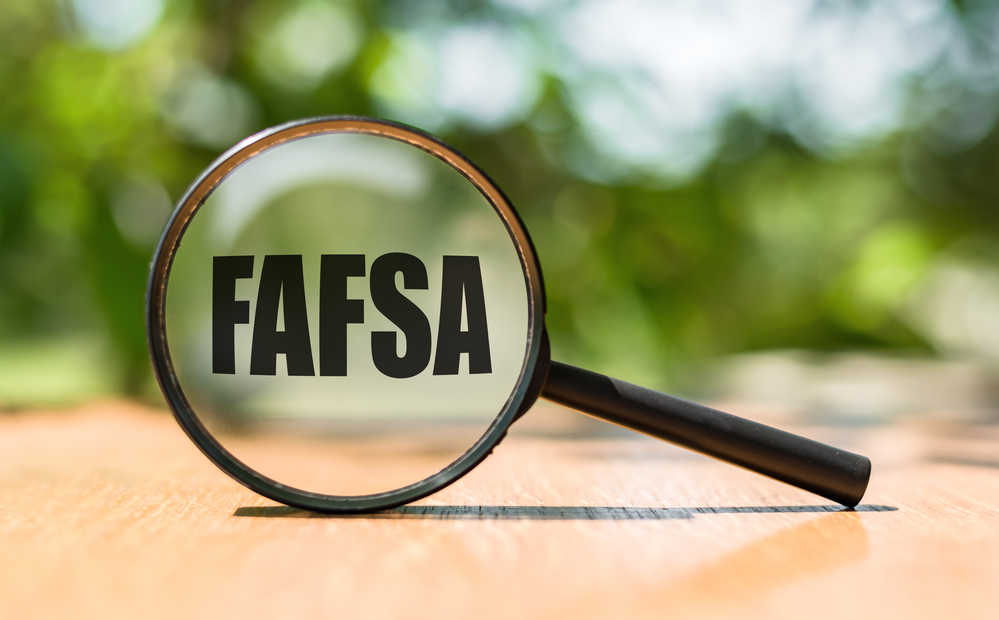U.S. Treasury seeking input on the future of financial literacy
By Marlene Seeklander Anyone with an interest in financial literacy and education now has the opportunity to comment on the country’s future direction on the issue. In a February 3 Federal Register Notice, the Treasury published a Request for Information (RFI) seeking input to support the annual review of the National Strategy for Financial Literacy. Commenters
U.S. Treasury seeking input on the future of financial literacy Read More »








